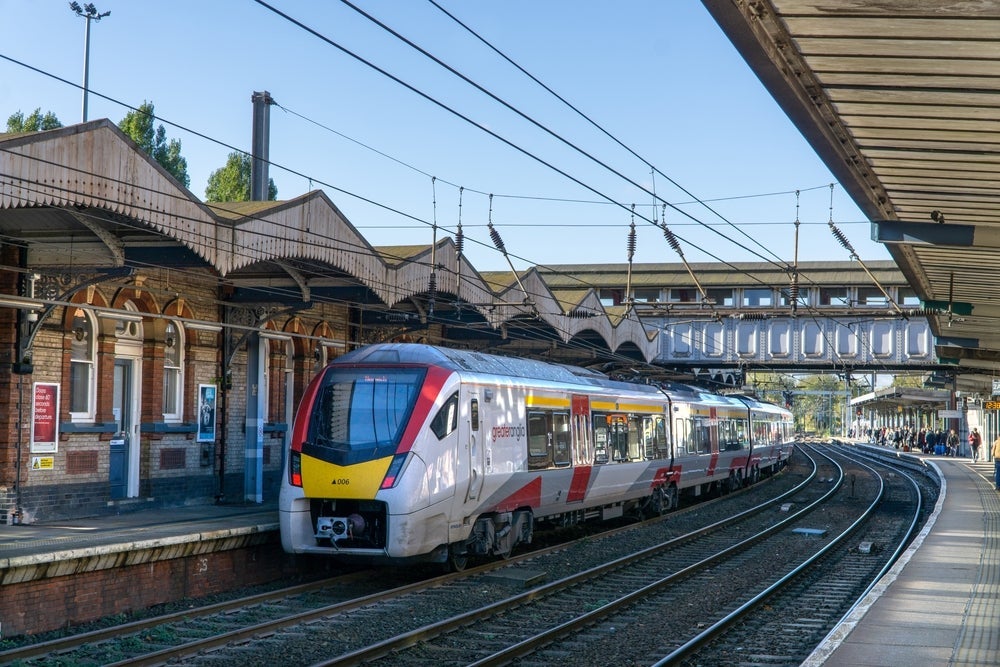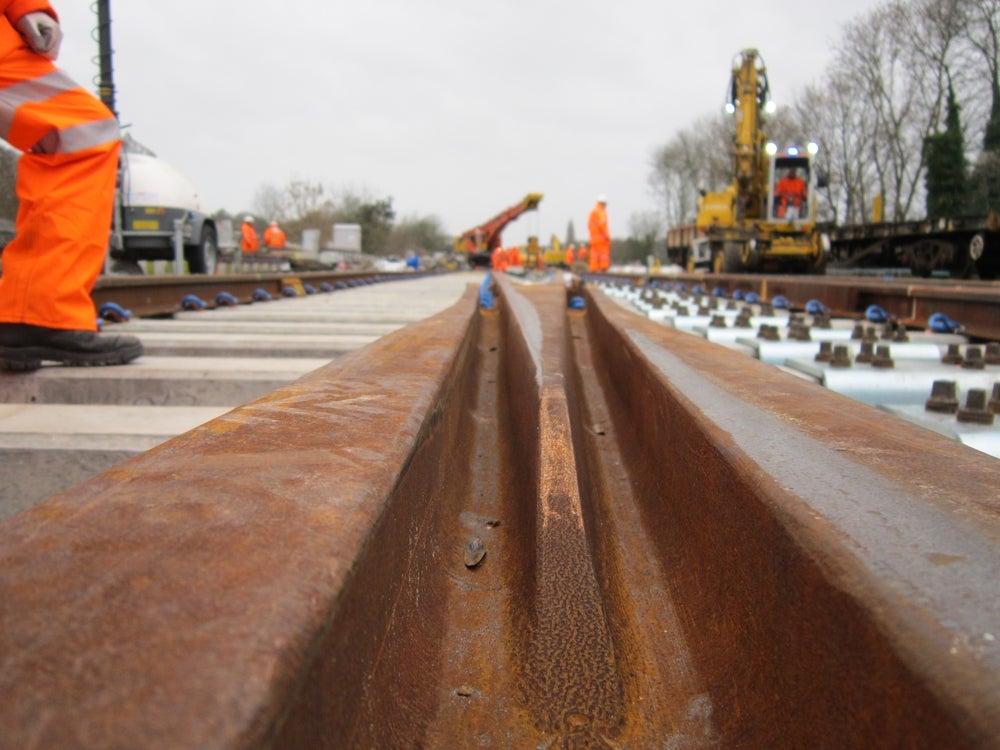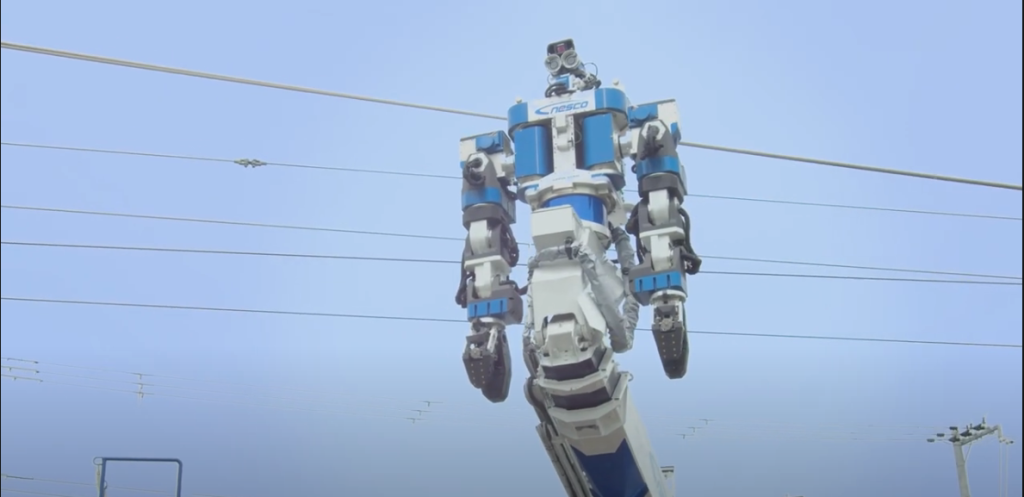Jaipur Metro is a rapid rail transit system under development in the city of Jaipur, India. The project is owned and operated by Jaipur Metro Rail Corporation (JMRC) and is estimated to cost Rs97.32bn ($1.74bn).
Jaipur Metro’s aim is to provide safe and green urban transportation service to commuters in Jaipur city. It also acts as a catalyst for the economic development in the region and transform Jaipur into a world-class city.
Jaipur Metro project and construction details
The Jaipur Metro Rail project is being executed by Delhi Metro Rail Corporation (DMRC). The project is being implemented in two phases along the East-West and North-South corridors.
Phase one of the project consists of 12km long Pink Line running along the East-West corridor from Mansarovar to Badi Chaupar. It includes two sections, the Phase 1A (East West-A) from Mansarovar to Chandpole, and Phase 1B (East West-B) from Chandpole to Badi Chaupar.
Phase 1A serves for nine stations covering a total length of 9.63km. It included 500m underground section and 9.1km of elevated segments. Eight elevated stations and one underground station were constructed along the route.
Phase 1B involves the construction of 2.4km-long underground section with two underground stations.
Phase two will consist of 23.099km-long Orange Line running along the North-South corridor from Sitapura Industrial Area to Ambabari. The corridor will include 5.095km of underground and 18.004km of elevated sections. The second phase will require the construction of five underground stations and 15 elevated stations.
Phase I development is being carried out in engineering, procurement and construction (EPC) mode, while Phase II will be developed on public-private partnership (PPP) basis.
Construction began on the Phase 1A section in November 2010 and commercial operations were commenced in June 2015. The Phase 1B section was opened in September 2020. A feasibility study for the Phase two is underway.
Jaipur Metro line routes
The first line running across the East-West corridor starts at Mansarovar and continue towards Chandpole. It connects eight elevated stations at Mansarovar, New Aatish Market, Vivek Vihar, Shyam Nagar, Ram Nagar, Civil Lines, Metro Railway Station and Sindhi Camp Station, as well as three under ground stations at Chandpole, Chhoti Chaupar and Badi Chaupar.
The second line on North-South corridor will pass through the five underground stations at Ajmeri Gate, Government Hostel, Sindhi Camp Station, Subhash Nagar and Panipech. It will also pass through 15 elevated stations at Sitapura, Pratap Nagar, Haldi Ghati Gate, Sanganer, Laxmi Nagar, Durgapura, and Mahaveer Nagar, Gopalpura, Dev Nagar, Tonk Phatak, Gandhi Nagar Mod, SMS Stadium, Narain Singh Circle, SMS Hospital and Ambabari.
Sindhi Camp Station will be an interchange point for the two lines. The metro rail services will be unified with the Bus Rapid Transport Services (BRTS) and other public commuter systems.
Passenger facilities at Jaipur Metro rail stations
The underground and elevated stations offer a range of facilities for the passengers using Jaipur Metro Rail services. The stations are equipped with escalators and ramp facilities, shopping areas and recreation spaces. Passengers can access the stations using feeder bus services. Each station also offers parking facilities for the commuters.
Rolling stock for Jaipur Metro
Bharat Earth Movers Limited (BEML) was awarded a Rs3.18bn ($57m) contract in December 2011 to deliver ten four-car train-sets for the Phase 1 of Jaipur Metro. The first train-set was rolled out at BEML’s factory in Bangalore in April 2013. It is the first indigenously designed and manufactured electric multiple unit by an Indian company.
The electric multiple units of BEML were offered in two configurations including driving trailer (DT) car and motor (M) car. A four-car train composition includes two DT cars and two M cars. The DT car can carry 361 passengers, while an M car can accommodate 392 personnel. Each train, using the supply voltage of 25kV AC Single Phase 50Hz, can run at a maximum operating speed of 80km/h.
Contractors involved with Jaipur Metro rail project
DMRC issued a request for quotation (RFQ) to shortlist the companies for PPP mode in March 2011. Four consortiums including Gammon Infrastructures – Irridium, Soma-I.C.F., Reliance Infrastructure, and Essar Projects-Samsung C.N.T were selected in January 2012 for participation in the request for proposal (RFP) process.
Alstom was awarded a contract by DMRC in April 2012, to supply Urbalis train control system to Phase 1A section of the new Jaipur metro Phase I. The contract scope included design, production, installation, testing and commissioning of entire train control, traffic management and signalling systems under the contract. Urbalis is an automated train operation and traffic management system allowing safe and energy-efficient train services on the metro rail network.
Thales received a contract from DMRC in April 2013, to supply an advanced passenger information system for the Jaipur Metro. The Thales passenger information system can be integrated with the traffic management system and will deliver accurate visual and audio information to passengers.
Continental Engineering was awarded a contract for the design and construction of tunnel between Chandpole and Badi Chaupar and two underground stations as part of Phase 1B in September 2013.









